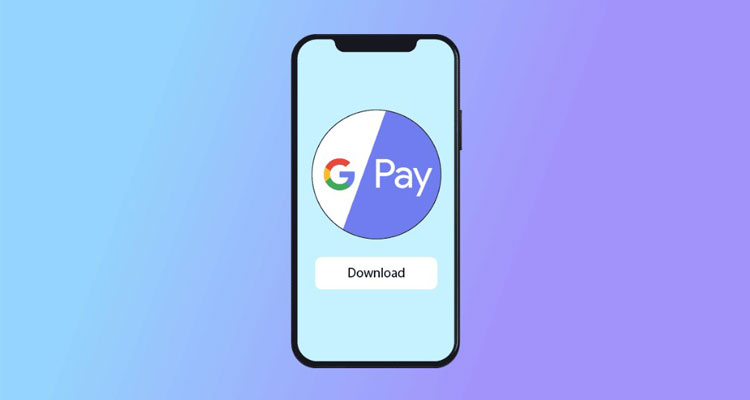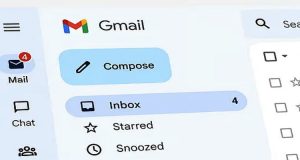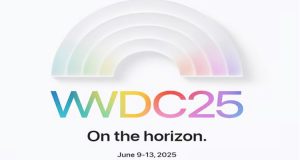Google Pay Is Finally Coming to Bangladesh

Google Pay Is Finally Coming to Bangladesh
Until now, it was not possible to launch this service in Bangladesh due to the lack of integration between Google Wallet and the country’s banking infrastructure. However, the demand for NFC payments among tech-savvy urban users is growing day by day. This initiative will mark the beginning of a new chapter in the country’s financial transaction sector.
After a long wait, Google’s digital payment service, Google Wallet—more commonly known as ‘Google Pay’—is officially launching in Bangladesh. Sources familiar with the matter told TBS that the service is set to go live within the next month as part of the country’s digital transaction ecosystem.
With this, smartphones will essentially become customers’ ‘digital wallets,’ eliminating the need to carry separate plastic cards. From air travel and shopping to movie tickets, all transactions will be handled through mobile phones.
In the initial phase, City Bank customers will be able to link their Visa and Mastercard (in Bangladeshi Taka) to Google Wallet and make payments using Android phones at any NFC (Near Field Communication)-supported terminal. Gradually, other banks in the country will also be integrated into the service.
Until now, it was not possible to launch this service in Bangladesh due to the lack of integration between Google Wallet and the country’s banking infrastructure. However, the demand for NFC payments is steadily increasing among tech-savvy urban users. This initiative will mark the beginning of a new chapter in the country’s financial transaction sector.
City Bank and Google have jointly taken on the responsibility of implementing this project. Once launched, users will be able to make easy ‘tap-and-go’ payments at contactless point-of-sale (POS) terminals, making their shopping experience faster, more secure, and more modern.
A top banking official, speaking to TBS on condition of anonymity, said, “The impact will be significant; in addition to simplifying retail transactions, the e-commerce experience will also become smoother. If other banks follow this path, Bangladesh’s digital finance ecosystem will enter a new era.”
India is already quite advanced in digital contactless payments. As of December 2024, 93% of the country’s total digital transactions and 92% of the transaction value were conducted through UPI (Unified Payments Interface). Among these, Google Pay alone handled 51% of the total transaction value and more than one-third (37%) of the total transaction volume.
This progress is not limited to India—Google Pay was also launched in Pakistan recently on March 12. Additionally, it is being used outside South Asia in Southeast Asian countries such as Singapore, Thailand, Vietnam, and Malaysia.
Will Approval from the Central Bank Be Required?
Digital wallet services typically handle sensitive financial data and transactions. However, according to relevant sources, Google Wallet will not store user information. Therefore, direct approval from Bangladesh Bank is not required to launch the app.
Users will simply link their bank cards to the app, and all transactions will be processed through their respective banks. However, banks preparing to integrate with the digital wallet must inform the central bank before launching the service.
How Much Will Be Charged?
Google Wallet generally does not charge users for transactions such as shopping, online payments, or peer-to-peer transfers, as long as they use their bank account or debit card.
However, the cardholder’s bank may apply fees based on its own policies, the type of card, and the nature of the transaction.
For example, if a transaction is routed through an international gateway or involves foreign currency, banks typically charge a foreign transaction fee ranging from 1% to 3%. For local transactions within Bangladesh, usually no additional fee is charged.
However, sources told TBS that if, for any reason, Google processes a local transaction through international servers, fees may apply.
At present, local mobile financial service (MFS) platforms such as bKash, Rocket, and Upay are widely popular and accepted in Bangladesh. Additionally, credit and debit cards are commonly used for digital transactions.
However, MFS providers operate under strict regulations set by Bangladesh Bank. Operators state that they follow clear guidelines that define what they are allowed and not allowed to do.
The country’s largest MFS provider, bKash, handles an average of 15 million transactions per day. A senior official from bKash said, “We believe everyone should be given equal opportunity. Google Pay is an international platform, so its potential impact on our local digital platforms also needs to be carefully considered.”







